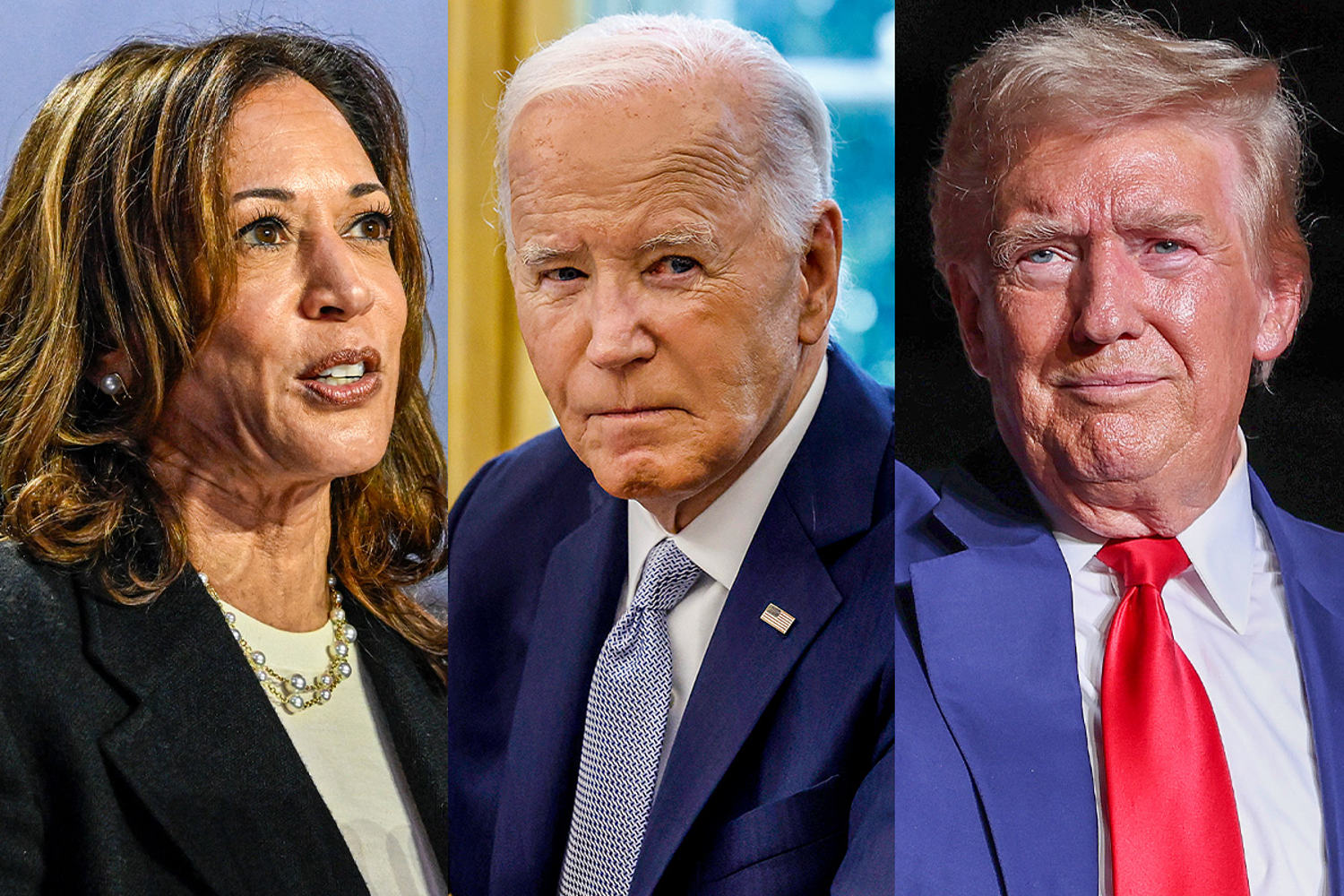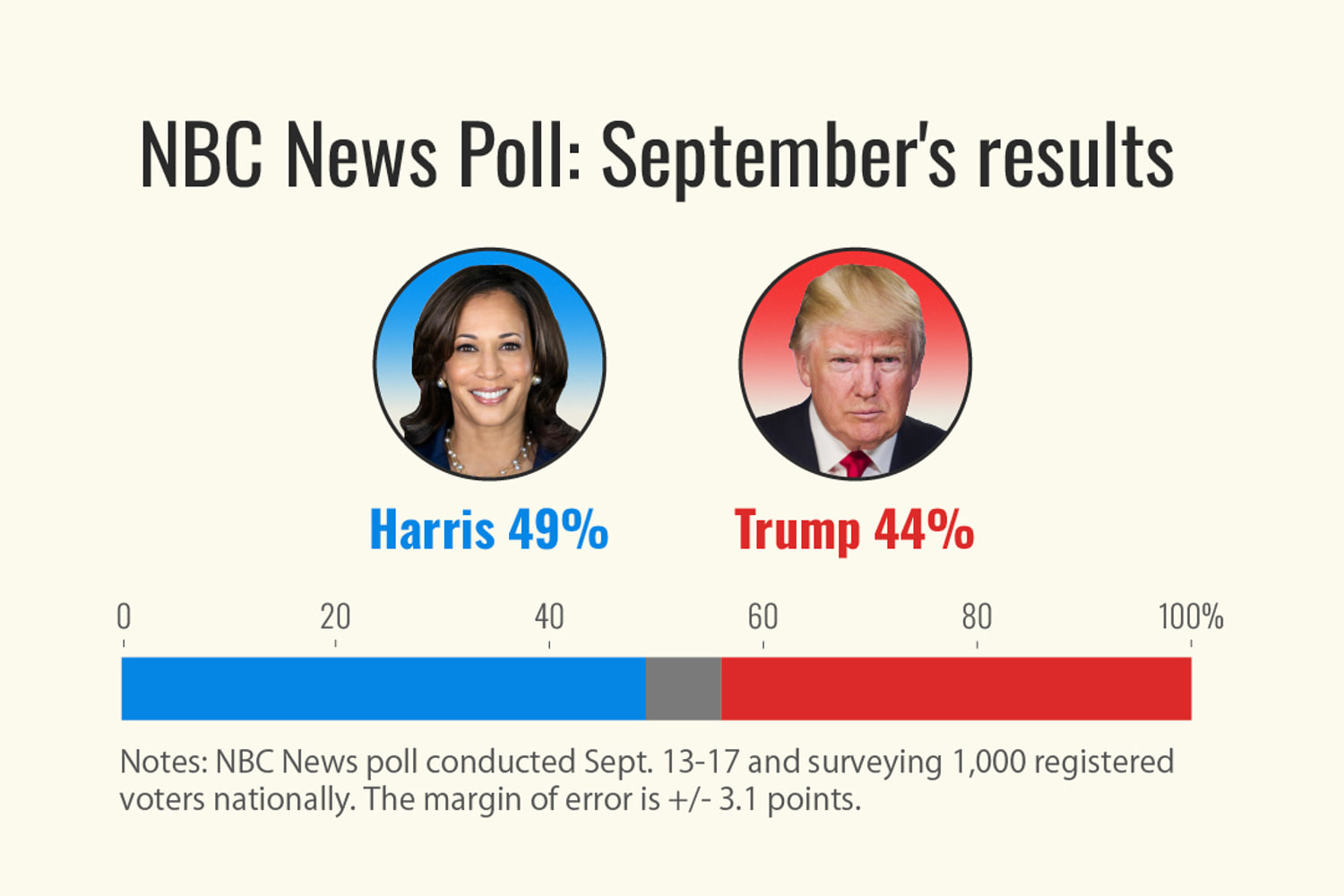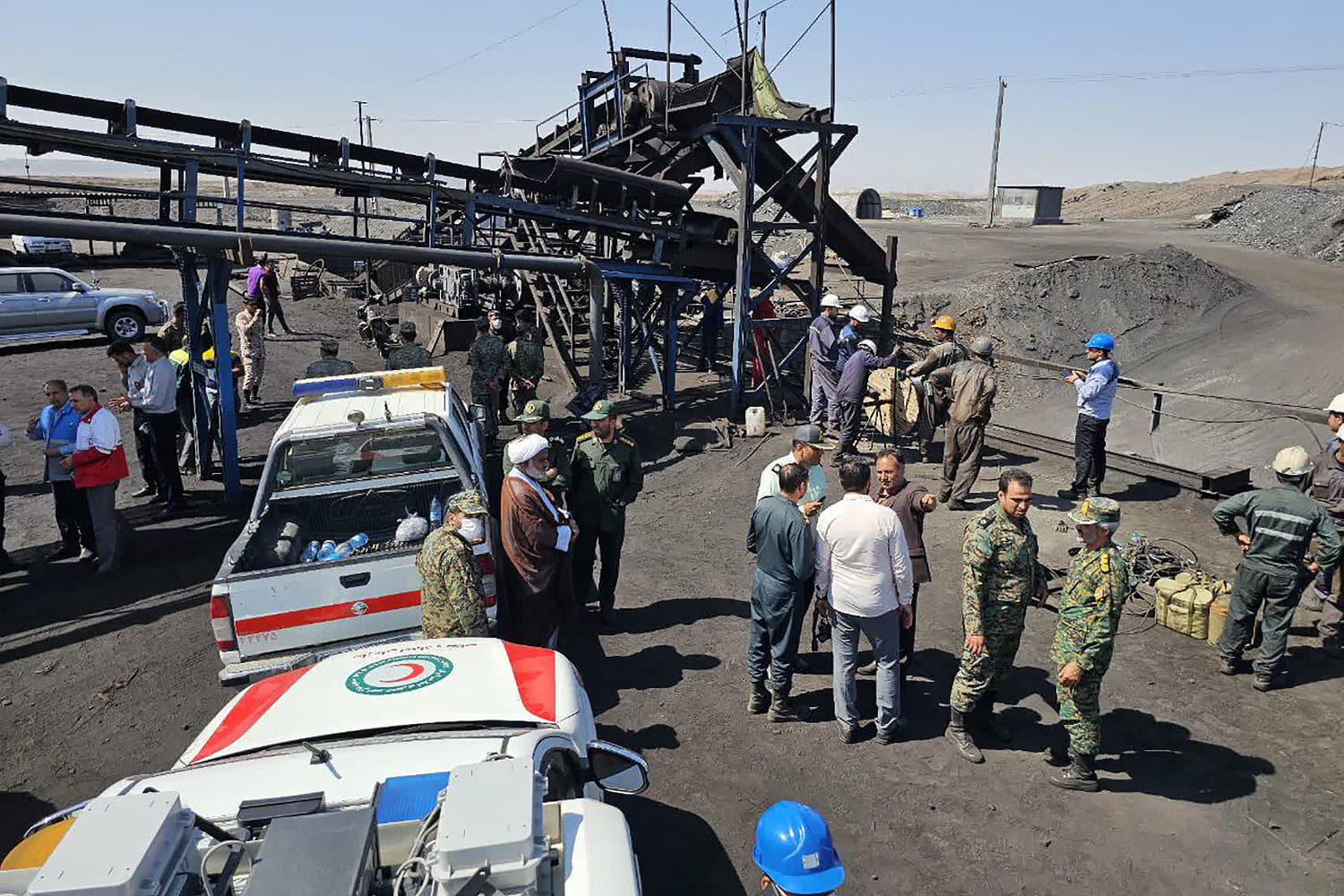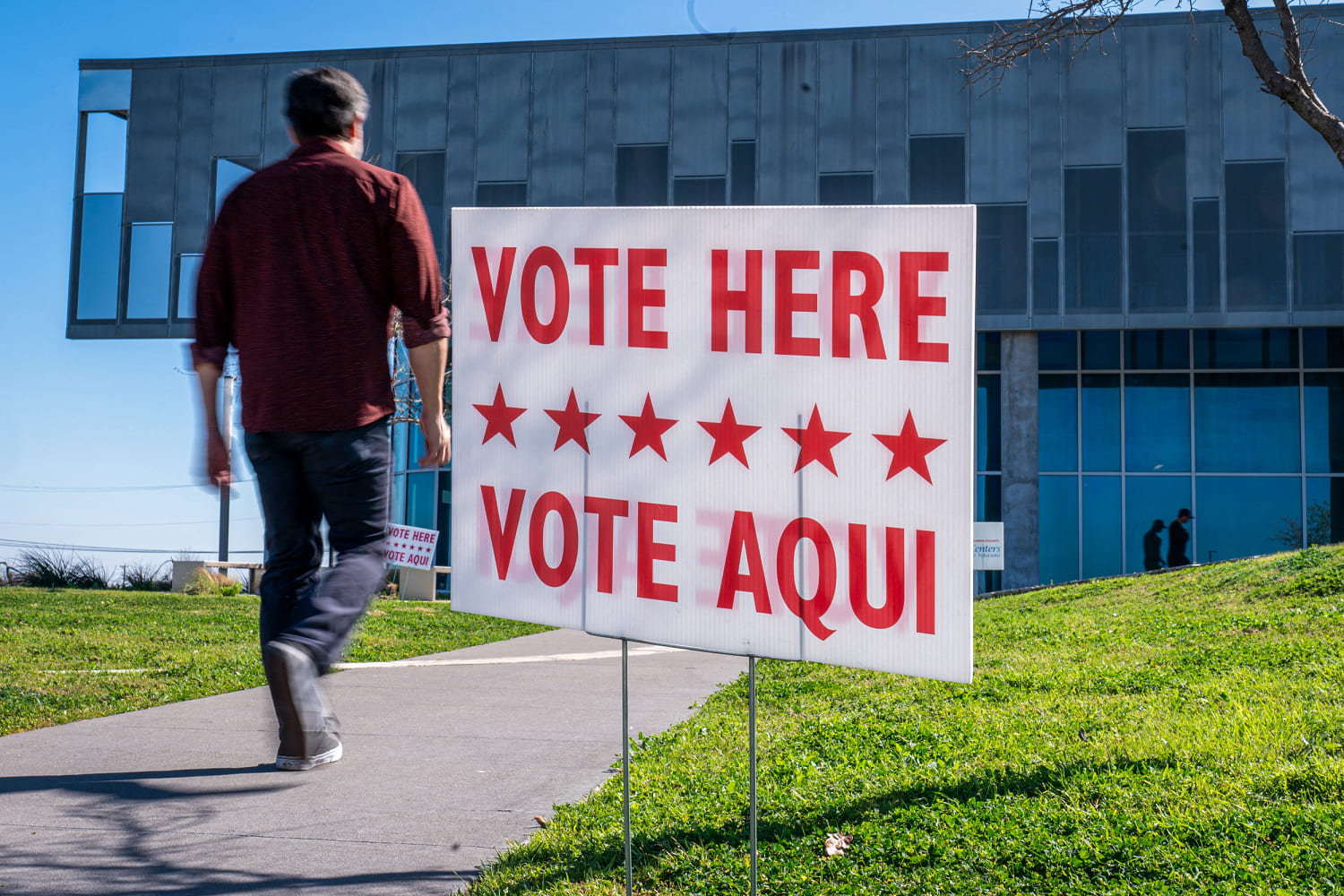As Climate Week NYC kicks off today, leaders in government, business, science, and philanthropy from around the world are coming together to strategize the global fight against climate change. Since last year’s gathering, the world has seen 12 straight months that hit or surpassed 1.5C in average warming. This grim threshold, one set by the Intergovernmental Panel on Climate Change (IPCC), intended to avoid the worst impacts of climate change, underscores the urgency of the moment.
As the clock ticks down on the time we have left to redirect our Earth toward a more sustainable future, it is now more important than ever that Indigenous Peoples have a bigger seat at the table.
After all, Indigenous Peoples are the world’s greatest protectors of the environment. Our land is not just our home—it is our spiritual connection to the Earth, to our ancestors, to our past, present and future.
The territories of Indigenous Peoples contain about 40% of the large intact ecosystems scientists say we cannot lose if we want Earth to continue supporting life on Earth as we know it. These ecosystems are critical to the future of our planet, with lower biodiversity loss than non-Indigenous lands. Our land also faces less deforestation, helping our global fight to reduce CO2 levels in the atmosphere.
Read more: This Is Life in America’s Water-Inequality Capital. It Might Be About to Change
For the Blackfoot People, our land is spread over thousands of miles across North America, from the Rocky Mountains to the Saskatchewan River. It is an incredible sight, a place of environmental preservation and spiritual wisdom.
When taking in this landscape, it may be difficult to understand the reasons for the destruction that our land and our people have faced. We have had our prairies exploited by natural gas pollution, our sacred buffalo almost entirely wiped out and our language and cultural identity severely diminished. Our tribe and centuries-old culture has been reduced, marginalized, and assimilated to the point of near disappearance. Today, we continue to face the consequences of this trauma, including community fragmentation, drug abuse, alcoholism, and mental health issues. This is why we are working tirelessly to facilitate healing processes
Yet our tribe’s fight to preserve and restore our way of life is part and parcel of the larger global climate fight, in which greedy corporations and self-interested governments have spent decades setting the natural world on fire by trading things like clean air and fresh water for financial gain.
As Blackfoot cultural leaders, we know what it means to work for the greater good and long-term prosperity. Many with an individualistic mindset, focused solely on short-term monetary gain, may consider doing business with extractive companies, selling the land, natural resources, water, and plants. However, as Indigenous Peoples, our ancestors taught us to always consider the long-term impact of our actions on future generations. We do not act as individuals pursuing personal benefit, but as a collective, with the responsibility to protect our planet and ensure we leave it in the best possible condition for those who will follow.
This is because what unites Indigenous Peoples around the world is that, even in the darkest times, we remain resilient. Despite our differences, Indigenous Peoples share experiences and trauma with colonialism, exploitation and extraction, powerful forces that have both threatened our ways of life and laid the groundwork for the climate crisis the planet now faces. Yet we remain united in our commitment to protecting and restoring our lands, our cultures and the natural world. This is who we are and who we have always been— a powerful collective force that thinks, feels, and acts guided by the wisdom of our ancestors, with a shared vision of leaving a lasting legacy for future generations.
Nevertheless, as Indigenous Peoples, we are often overlooked when it comes to global climate solutions. From Climate Week NYC to the United Nations Climate Change Conference, Indigenous perspectives are underrepresented in the decision-making spaces that determine the direction of our future. In discourse dominated by big money, big names and technological innovation, we often don’t even have a seat at the table. This is a grave mistake.
Instead of selling off our land for profit and destroying our natural environment in the process, for centuries we have proactively found ways to sustain ourselves while protecting and restoring the environment around us. This includes Blackfoot’s decades-long effort to bring back free-roaming buffalo, whose population used to number in the millions but were brought to the edge of extinction. We are proud to be the first sovereign Indigenous nation in U.S. history to have released a herd of free-roaming buffalo back into their natural habitat.
At the heart of our cultural preservation is our efforts to educate the Blackfoot youth and work towards building the next generation of Indigenous peoples warriors. By teaching them our traditional knowledge, our heritage and our language, Siksikáí'powahsin, we are building eco-knowledge in the younger generations and revitalizing our environmental work.
While we have made incredible progress in restoring our land, our fight never ends. Oil and gas corporations continue to seek our land for drilling, contaminating our water and disrupting our sacred sites. Each day we must stand our ground and do all we can to ensure environmental justice and protect our land from further destruction. It’s not an easy fight, but it is one we are committed to as a people.
By putting our voices forward, and leveraging thousands of years of experience, Indigenous Peoples play a central role in navigating the climate crisis and helping the world achieve greater ecological, social and cultural harmony. We have overcome incredible obstacles to rebuild from the ground-up. Our worldview, along with our way of thinking and acting as stewards of a legacy, prioritizing the care of our Earth over financial gain, has been essential in bringing us to where we are today. If we want to combat climate change and protect our natural world from destruction, the same must be true on a global scale: we need to choose our collective future and well-being of all life on Earth and future generations over the short-term gains and profits of a few, and we must have Indigenous leaders at the table in order to do so.
.png)
 2 hours ago
6
2 hours ago
6


































 Bengali (BD) ·
Bengali (BD) ·  English (US) ·
English (US) ·